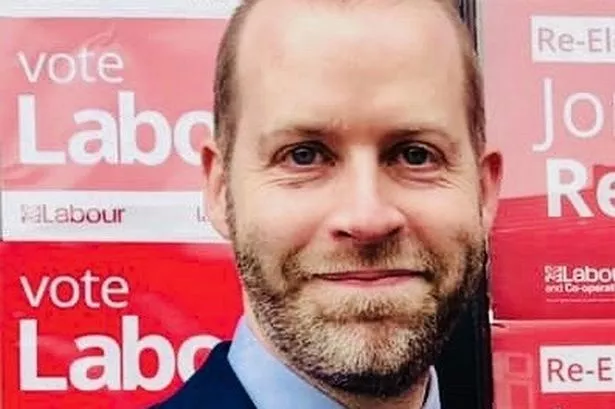Jonathan Reynolds, the shadow business secretary, has admitted that Labour may not meet its £28 billion green investment pledge.
He stated on Thursday that the sum remains an "ambition", but whether it can be achieved will depend on the state of the economy. Despite suggestions that the scale of the spending was being cut, Sir Keir Starmer's party has insisted it is not dropping the pledge.
However, uncertainty over the commitment has grown due to Tory attacks on borrowing plans and changes in stance from within the party. Rachel Reeves, the shadow chancellor, initially diluted the pledge by stating it would be a target for the second half of a first Parliament if Labour wins the general election.
But Mr Reynolds added further doubt ahead of Labour's business conference with executives on Thursday. He said: "That's our level of ambition but how quickly we get there, and if we can get there, has to have respect to, and heed to, the overall position of our economy," during an interview on BBC Radio 4's Today programme.
He also mentioned that the last Budget before the election hasn't been presented yet.
Despite these uncertainties, Mr Reynolds expressed confidence in the party's overall pitch to the electorate. He said: "I'm extremely confident in the overall pitch there's not one thing that needs to happen in the British economy to make everything fine, to see it grow faster."
He insisted that Labour was not "struggling to make our minds up", and regardless of the sum, they are clear about wanting to see public investment rise.
Last month, Labour dismissed a report that the spending figure had been dropped by stating it was "committed" to increasing the investment "subject to our fiscal rules", which include ensuring debt is decreasing.
Mr Reynolds also defended Ms Reeves' decision not to bring back the cap on bankers' bonuses that was introduced after the 2008 financial crisis but removed by the Tories.
He told Today: "We didn't say at the time we would ever reinstate it that's because that policy was of its time, the financial crisis, the reaction to that."
"There are other policies that are much more significant, that have changed the financial system in terms of the security of the assets that banks hold against their liabilities."
"There are other rules in terms of bonuses and how they are paid and how they can be clawed back in the event of misconduct. But the fact is we want to see a strong financial sector, that's an asset to the UK."
He said that Labour's criticism had focused on the Government's "odd" decision to reintroduce unlimited bonuses for bankers during a cost-of-living crisis.

